
Social network TikTok will permanently remove the user rewards feature on the app used in France and Spain, following pressure from European regulators, the European Union (EU) and the Chinese company said on Monday.
The TikTok Lite platform arrived in France and Spain – the only EU countries where it is available – in April this year. Users over 18 can earn points for watching and liking videos, which they can exchange for goods such as coupons or gift cards through a rewards program.
“We managed to permanently withdraw the TikTok Lite Rewards program, which could have addictive effects,” said the European Commissioner for the Internal Market, Thierry Breton.
TikTok Lite is a smaller version of the popular TikTok app, which takes up less memory on your phone and is designed to work with a slower internet connection.
TikTok pledged to remove the program from the 27-country bloc and not run “any other program that would circumvent the withdrawal,” the European Commission said in a statement.
It is the first major victory for the European Union’s Digital Services Act (DSA), a sweeping new law that requires digital firms operating in the bloc to effectively monitor online content to protect users from harmful effects.
The commission launched an investigation into the Lite app in April over concerns about “addictive” effects, forcing TikTok to temporarily suspend the program.
The case has now been closed after TikTok, owned by Chinese company ByteDance, entered into binding commitments.
Any breach of the promise can lead to severe penalties, according to the DSA.
“We will closely monitor TikTok’s compliance. Today’s decision also sends a clear message to the entire social media industry,” said Commission Executive Vice President Margrethe Vestager.
TikTok has confirmed that it has “withdrawn” its rewards program.
“We always try to cooperate constructively with the European Commission and other regulators. TikTok is pleased to have reached an amicable settlement,” a company spokesperson said.
TikTok remains under investigation that began in February amid concerns that the social network may not be doing enough to tackle negative impacts on young people.
TikTok is among 25 “very large” online platforms, including Facebook, Instagram and YouTube, which must comply with stricter DSA rules from August 2023.
The rules also expect digital retailers to act effectively to protect online shoppers.
The DSA gives the EU the power to fine companies up to six percent of their annual global revenue.
Repeat offenders may see their platforms blocked in the EU.
Investigations are continuing into the social network X, formerly known as Twitter, as well as the Chinese online sales site AliExpress and the company Meta, which includes Facebook and Instagram.
TikTok is also facing a number of problems across the Atlantic. The Chinese company that owns TikTok has filed a lawsuit to block a US law requiring the app to be sold next year or face a US ban. ByteDance claims this violates the First Amendment right to free speech.
The United States stepped up pressure on TikTok last week with a lawsuit, accusing the app of violating children’s privacy by collecting data about them without their parents’ permission when they use the platform.
TikTok said it disagrees with the claims and that the company has safeguards in place to ensure age-appropriate experiences.



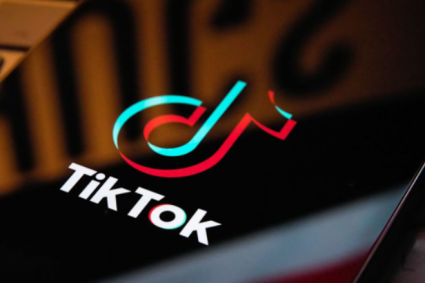
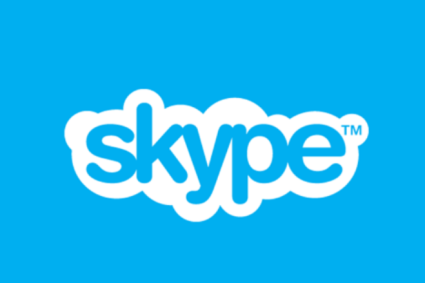
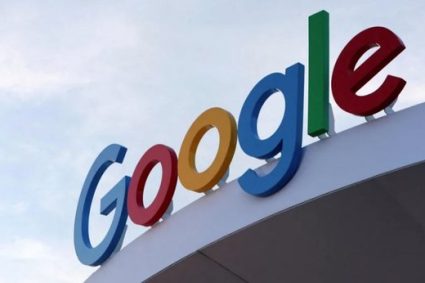

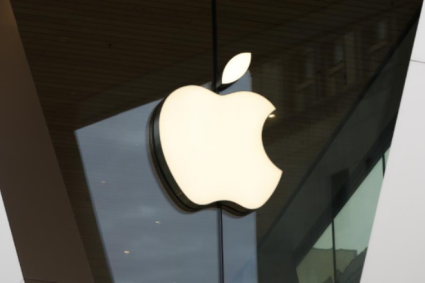
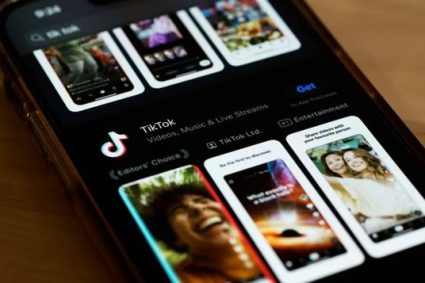



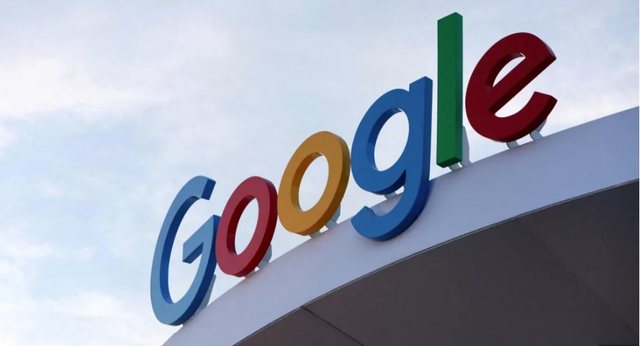






I am truly thankful to the owner of this web site who has shared this fantastic piece of writing at at this place.
Great information shared.. really enjoyed reading this post thank you author for sharing this post .. appreciated